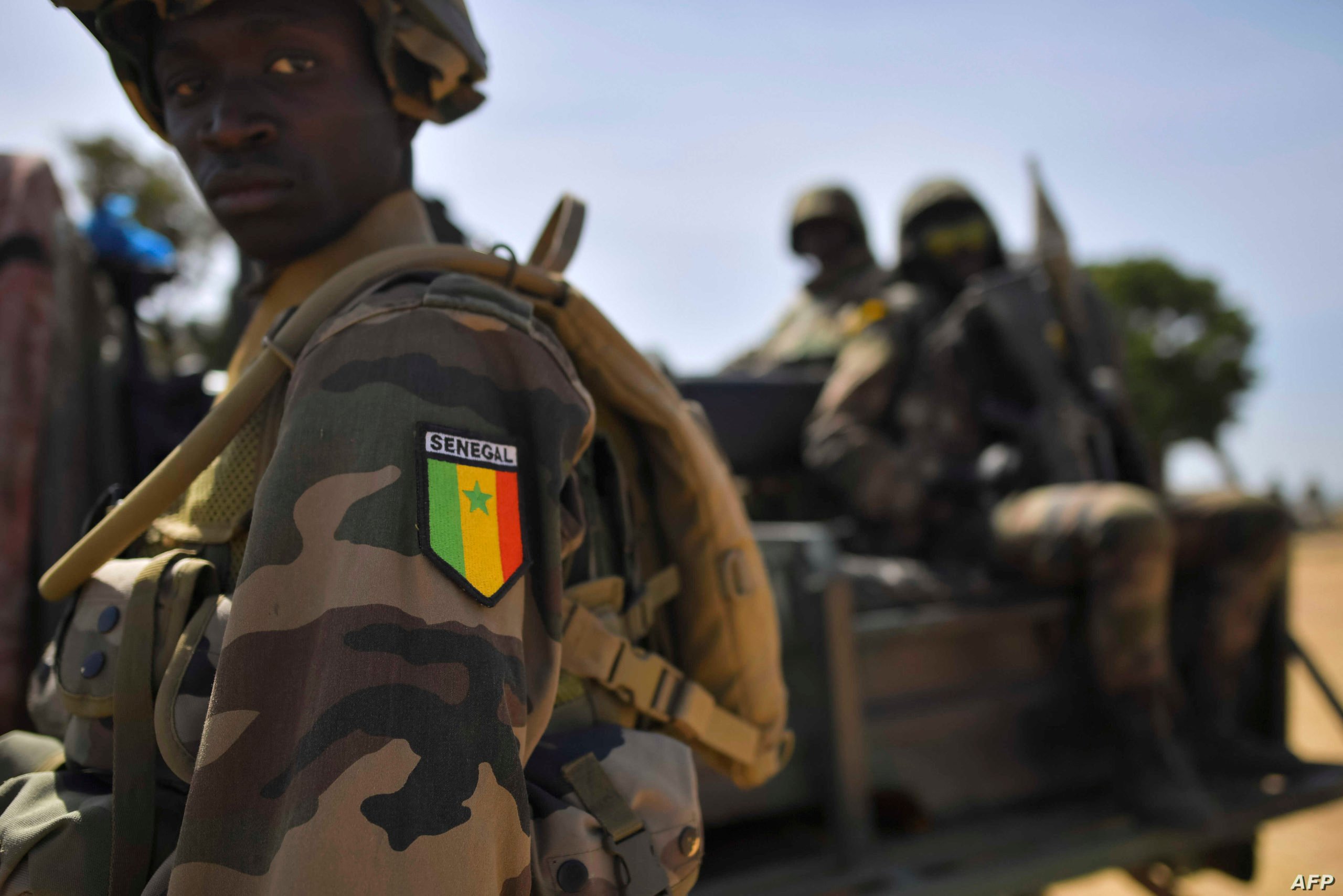In a significant development for peace in Senegal’s Casamance region, the country’s new government and the pro-independence Movement of Democratic Forces of Casamance (MFDC) have reached a pivotal agreement aimed at resolving a conflict that has persisted for over 40 years. The accord was officially signed by Senegalese Prime Minister Ousmane Sonko during a recent visit to Bissau, where he engaged in discussions with MFDC representatives under the mediation of Guinea-Bissau’s President Umaro Sissoco Embalo.
This breakthrough marks the first public dialogue between the separatist group and Senegalese authorities since the latter’s electoral victory in March of the previous year. The peace talks, which spanned three days, culminated in what Prime Minister Sonko described as an “important agreement,” highlighting its potential to foster lasting tranquility in the Casamance region.
Casamance, located in the southern part of Senegal and geographically separated from the rest of the country by The Gambia, has been the epicenter of one of Africa’s longest-running conflicts. The turmoil began in December 1982 when MFDC militants took to the bush following a brutal crackdown on their peaceful march. The ensuing conflict has resulted in the loss of thousands of lives and inflicted severe economic damage on the region, although violence has decreased significantly in more recent years.
In light of the improving situation, Senegalese authorities have initiated efforts to resettle displaced populations and have undertaken the dismantling of several rebel bases near the border with Guinea-Bissau. Last August, a previous agreement was made in Bissau between the Senegalese state and a key rebel military leader, Cesar Atoute Badiate, leveraging Guinea-Bissau’s mediation efforts.
The new accord is viewed as an important step toward reconciliation and stability in a region that has long grappled with division and strife, fostering hope for residents who have suffered from the lengthy conflict. As the agreement unfolds, the attention now turns to its implementation and the future of peace in the Casamance.







